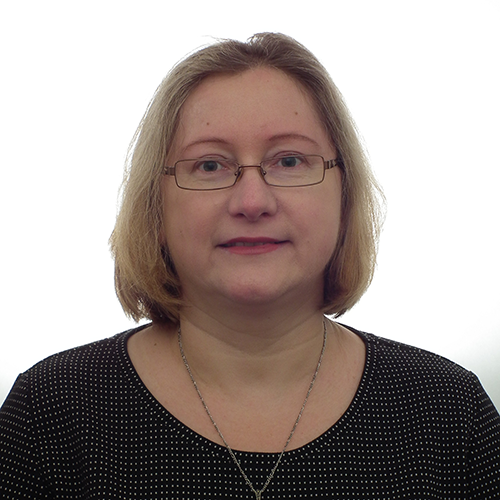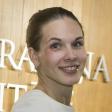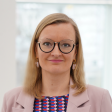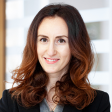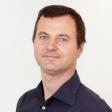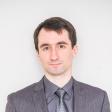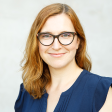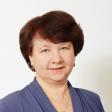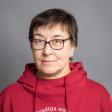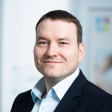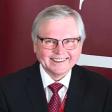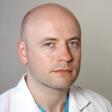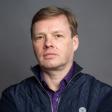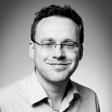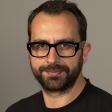Social Anthropology, Sociology, Social Work
Prepares highly qualified, internationally-recognised sociology specialists, with social policy as a research priority.
Programme Fact File
Management, Administration and Real Estate Management
accredited until
Doctoral Degree (PhD) in Social Sciences
Aim
The aim of the programme is to train social anthropologists, social workers and sociologists who are, upon graduation, able to analyse and solve practical problems at the national and international level, engage in academic work and research, as well as advise non-governmental and business organisations, while ensuring scientific excellence in the sub-sector.
Objectives
- To provide doctoral students with the opportunity to acquire an innovative interdisciplinary and dynamic approach to research in social anthropology, social work and sociology, and to carry out field-relevant, original and innovative research leading to increased scientific excellence within the sub-programme;
- To enable doctoral students to acquire the competence and expertise to independently upgrade their scientific qualification in order to implement and manage research and development projects that meet international criteria;
- The results of the sub-programmes are in line with the results of the DSP Social Sciences, which apply both more broadly to the social sciences as a whole and more narrowly to the sub-programmes.
Erasmus+ conditions and RSU partner universities
Testimonials
This doctoral programme provides students with an opportunity to defend their doctoral thesis and obtain a scientific degree from influential professionals in applied sociology and academia, who strengthen the Latvian social sciences community with their research . Doctoral students actively present themselves at Latvian and European conferences to promote their research results and contribute to increasing the number of internationally peer-reviewed publications. The will to develop a doctoral thesis in sociology is an opportunity to build a career as a researcher in a field with the richest accumulation of theoretical and empirical knowledge, which can deservedly be considered the ancestral home of the social sciences and the main source of contemporary applied data. Education and a degree in sociology offer excellent career opportunities for senior and middle-level managers in public institutions and the commercial sector, as well as for those working in research, education, expertise and consultancy.
Individual work of supervisors with doctoral students in the development of their thesis, targeted planning of conferences and publications, integration into academic and applied research contribute to the success of all doctoral students in defending their thesis.
May all interested persons succeed in identifying the most topical social issues of Latvian society and may their research generate new, problem-solving knowledge. May a successfully drafted doctoral thesis serve as a contribution to the development of the field of sociology in Latvia, an addition to the RSU doctoral study programme and a satisfaction for the author!Prof. Anda Laķe, thesis supervisor
The decision to pursue a doctoral degree is an important continuation of one's professional path and at the same time a serious challenge to students' intellectual abilities. Studies require a great deal of self-discipline and independent work. Receiving support of the university you have chosen in the shape of professional academic staff, a research-based learning environment, and the material provision of this learning environment plays an important role in this process.
I graduated from the Sociology programme of the Faculty of European Studies at RSU in 2007. I have good memories of the high quality and variety of study courses that we were offered, the professional and supportive lecturers, as well as my great groupmates with whom I have remained friends. Therefore, it was quite natural to decide to continue my studies at RSU at a completely different level – the doctoral level. I am glad that Dr. sc. soc. Anda Laķe, Dr. sc. soc. Ritma Rungule and Dr. sc. soc. Maruta Pranka are among the university's lecturers as they specialise in the field in which I developed my doctoral thesis. They gave me both professional and personal support in the research process.
I have benefited a lot from the opportunity to study together with students from other RSU doctoral programmes in some of my courses. Exchanging ideas and being in a creative environment helps to broaden the perspective on important problems in different fields of science, the methods used, as well as provide human support and a helping hand during the study process.Ginta Elksne, graduate
Academic Staff
Contact Information
Department of Doctoral Studies
Tue, Thu 13:00–17:00
Sandra Lejniece
(pre-arrangement required by e-mailing gundega.ziemele@rsu.lv or phone +37167409120)

